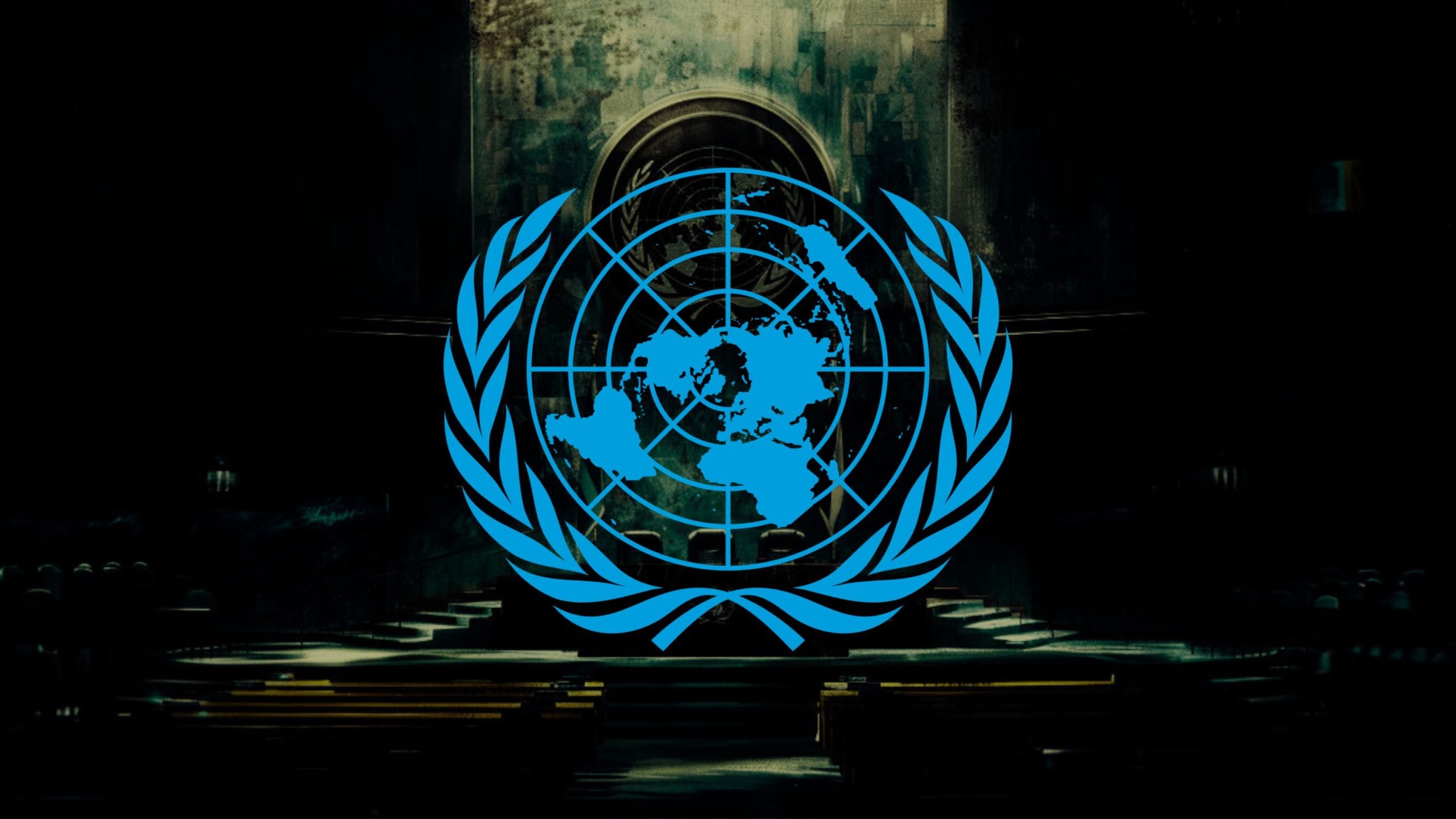The United Nations (UN) is engaging in yet another effort that can easily slip into a tool for “bolstering” online censorship.
Earlier in the week the Global Initiative for Information Integrity on Climate Change was launched during a G20 Summit.
This adds to a convoluted list of various UN-driven treaties, initiatives, and goals – and here the Educational, Scientific and Cultural Organization (UNESCO) has found a partner in Brazil’s authorities.
Those behind the document say it’s there to help combat climate change disinformation and take aim at social media in particular. If UNESCO Director-General Audrey Azoulay is to be believed, this type of “disinformation” is “running rampant” on the internet.
UN Secretary-General Antonio Guterres, who addressed the summit, also contributed to building the dramatic and alarmist narrative around both issues – climate, and “disinformation” – when he, in a social media post, complained about “coordinated disinformation campaigns impeding global progress on climate change.”
So far, the countries that have joined include Chile, Denmark, France, Morocco, Sweden, and the UK. They will collectively contribute to the UN raising $10–$15 million to fund “research and awareness campaigns” but also advocacy groups, and what’s referred to as communication strategies to help achieve the initiative’s goals.
While clearly treating the climate change theories as scientific fact, Azoulay stopped just short of referring to that as an existential threat – but did call it an “existential challenge.”
The UN official wants to see more than governments, scientists, etc., on board: the role of journalists is also highlighted here – in a rather strange way. Instead of reporting the news, journalists are envisaged as a kind of advocates themselves, “a critical link between science and society,” said Azoulay.
The UNESCO chief also chose to “preemptively” treat journalists as needing protection from “facing risks while reporting on climate issues.”
It’s unclear what “risks” Azoulay had in mind, but it almost certainly is not what seems like a real risk – namely, these professionals abandoning their professional role, and outright becoming mouthpieces for the UN and various governments, and fighting their battles. In this case – the “climate change” one.













